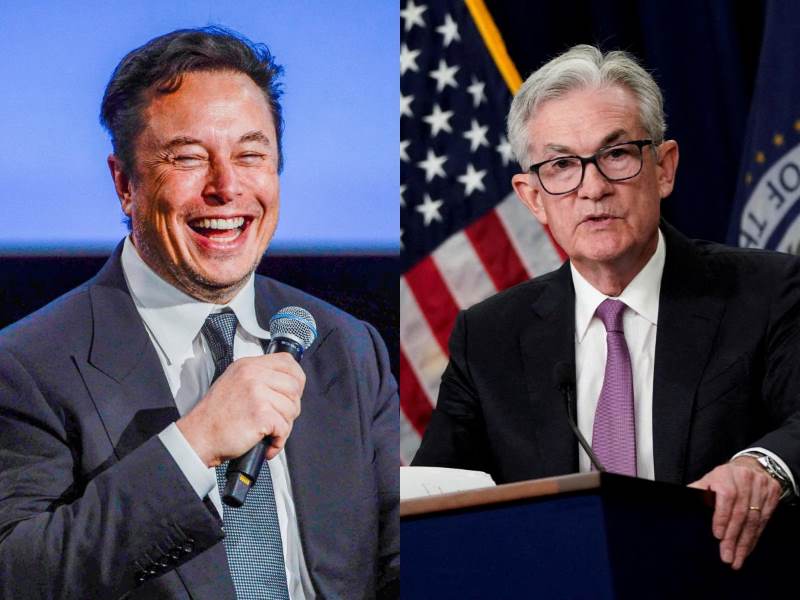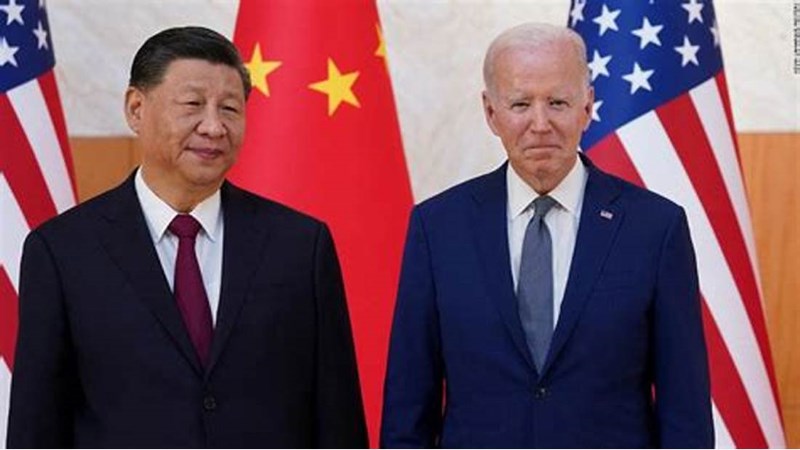U.S. News
U.S. and China Renew Scientific Pact Progress and Challenges
U.S. and China the Biden administration renewed a key scientific collaboration agreement with China just days before the government transition. This pact, in place since 1979, was updated with measures to enhance transparency and protect U.S. interests.
National Security and Science at Stake
The State Department highlighted new intellectual property safeguards, yet concerns persist about basic research potentially aiding China’s strategic sectors. The agreement intentionally omits critical emerging technologies, including artificial intelligence and quantum computing. These exclusions aim to protect sensitive advancements from benefiting adversarial interests. Despite measures, questions remain about balancing collaboration and safeguarding national security in technological research agreements.
Impact on Global Innovation
Experts like Jing Qian emphasize the risks of cutting ties, which may hinder progress in vaccines and cancer treatments globally. Scientific collaboration is crucial for developing innovations and ensuring advancements benefit humanity across borders and disciplines. Severing partnerships could slow solutions to pressing challenges, leaving nations unprepared for emerging crises. Global cooperation strengthens research capabilities and addresses complex issues requiring shared knowledge and expertise.
Evolving Geopolitical Dynamics
The growing competition between the two nations, especially in advanced technology, has fueled rising tensions in recent years. Despite these tensions, both governments recognize the importance of academic exchanges in fostering mutual understanding and progress. These exchanges are seen as essential tools for promoting innovation and encouraging collaboration between the nations. Maintaining open channels of communication through academia helps reduce misunderstandings and strengthen bilateral relations.

Elon Musk Criticizes the Federal Reserve’s Efficiency
Elon Musk, the billionaire entrepreneur slated to enhance U.S. government efficiency, has sharply criticized the Federal Reserve…
Travel Policies and Collaboration
The renewal coincides with a relaxation of U.S. travel advisories to China, signaling a shift in diplomatic relations. This move aims to encourage academic exchanges, promoting collaboration and mutual understanding between the two nations. By easing travel restrictions, the U.S. hopes to create a more conducive environment for academic growth and innovation. Furthermore, clearer guidelines help navigate the complex political context, supporting educational cooperation despite ongoing tensions and challenges.
Congressional Criticism
Congressional Republicans criticize the agreement’s extension, claiming it restricts opportunities for renegotiating stricter terms under the incoming administration. They argue that extending the deal limits flexibility and reduces leverage in future negotiations. These critics believe that renegotiating the terms would benefit national interests and strengthen the economy. The incoming Trump administration is expected to seek tougher agreements to better align with its policy goals.
A Scientific Future in Balance
The renewed pact symbolizes an effort to balance international cooperation with national interests, fostering global collaboration in critical areas. Furthermore, the pact highlights the importance of scientific diplomacy in addressing global challenges and tensions, fostering international cooperation. In addition, scientific collaboration is crucial in a polarized world, where nations seek innovation, security, and strategic solutions.


